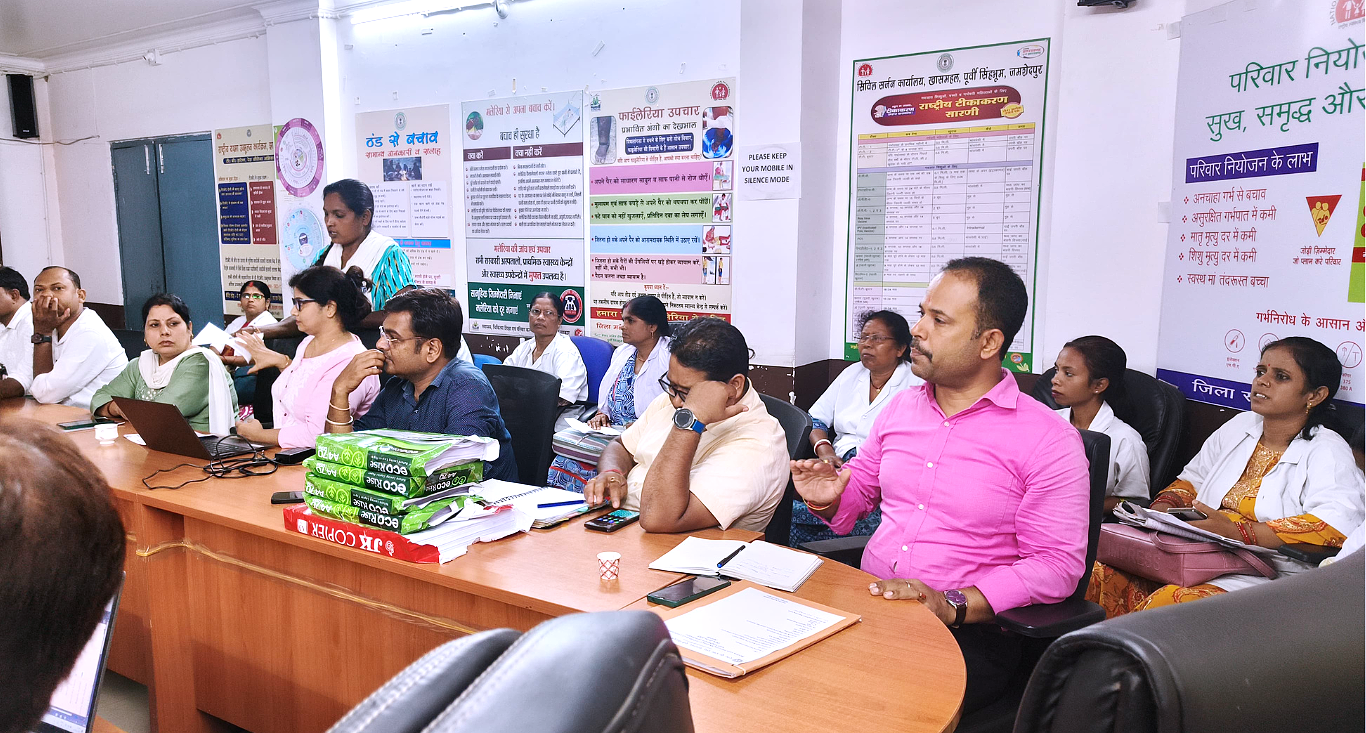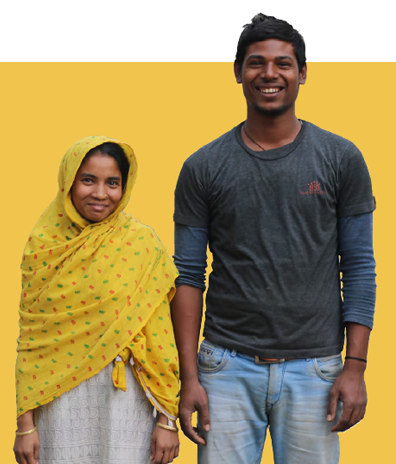The 2011 Census of India shows there are ‘13.7 million slum households in India that live amidst inadequate basic amenities, poor health outcomes, insecurity as well as unstable incomes’. PSI India look out for those who live in these unfortunate circumstances.
The Samagra project endeavours to create a responsive, affordable, equitable urban health ecosystem that focuses on the urban poor, women, girls, and other vulnerable/marginalised populations for quality primary health care. Being implemented in the city of Indore, Madhya Pradesh (MP), the Samagra project works to improve access to inexpensive health services and tackle barriers related to the social determinants of health. More specifically, it aims to increase the use of modern contraceptives, case detection for tuberculosis (TB) and multidrug-resistant TB (MDR-TB), improve maternal and child health care coverage to include antenatal care (ANC), intra-natal, and postnatal care (PNC), along with improving immunization rates.
urban health ecosystem for women, girls and
vulnerable urban populations




